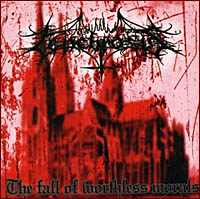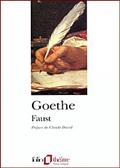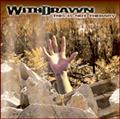TENEBROSUS (pl) - The Fall Of Worthless Morals (2003)

Label : Metal Mind Productions
Sortie du Scud : 27 juin 2003
Pays : Pologne
Genre : Black Metal
Type : Album
Playtime : 10 Titres - 36 Mins
TENEBROSUS est… était un groupe de Black Metal polonais officiant dans un registre classique dans le style de MARDUK et DARK FUNERAL. Quatuor formé de Valefor à la guitare, Worm au chant, M. à la basse et Hades à la batterie, il n’a jamais réussi à sortir de l’underground polonais. Sorti en 2003 sur le label polonais Metal Mind The Fall Of Worthless Morals est le premier opus de cette horde qui publiera aussi en 2004 Lost And Forgotten avant de disparaître de la circulation.
Sur ce premier album, tous les ingrédients nécessaires à la réalisation d’un bon album de Black Metal sont réunis : musique extrême, sombre, riffs très rapides aux ambiances malsaines et sataniques, s'enchaînant à une vitesse excessive ! Le chant, même s’il manque parfois de puissance n’est pas en reste et ajoute ce côté « evil » aux compositions.
Musicalement, mis à part trois titres instrumentaux dispensables, on est dans du style classique de la fin des années 1990, où le groupe a puisé ses influences dans le Panzer Division de MARDUK ou le Secret Of The Black Arts de DARK FUNERAL : si vous connaissez ces albums alors vous saisissez tout de suite l’atmosphère qui se dégage de cette galette : sombre, malsaine, violente et dévastatrice avec aucune trace de clavier venant adoucir la musique, place aux riffs rapides, bruts, tranchants et incisifs. La batterie toujours en blasts beats conforte cette soif de haine. Pourtant, la sauce a du mal à prendre sur la durée. Je m’explique. Si l’on prend les morceaux un par un, ceux-ci sont bien exécutés, rentre dedans, efficaces… mais si on les mets ensemble bout à bout, cela devient fade, plat, linéaire… comme une salade où chaque ingrédient est bon mais cela devient infect quand tout est mélangé ensemble. Aucun des titres ne mets en évidence l’autre, chacun se la jouant solo !
Avec The Fall Of Worthless Morals TENEBROSUS s’en sort grâce à la qualité individuelle de ces morceaux, mais pas dans la globalité de l’album qui donne une impression d’énorme déflagration brute qui devient intéressante uniquement quand on fait l’effort de regarder les composants un à un… Les musiciens semblent faire de la surenchère pour exécuter une musique le plus extrême possible.
Ajouté : Jeudi 18 Décembre 2008
Chroniqueur : Warloghe
Score :   
Lien en relation: Tenebrosus Website
Hits: 10697
|














